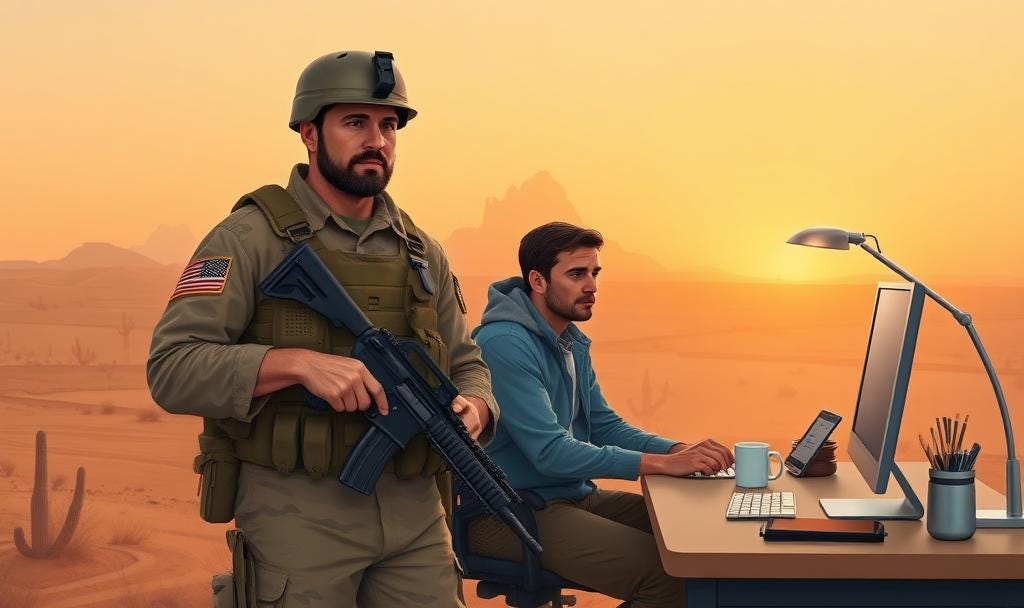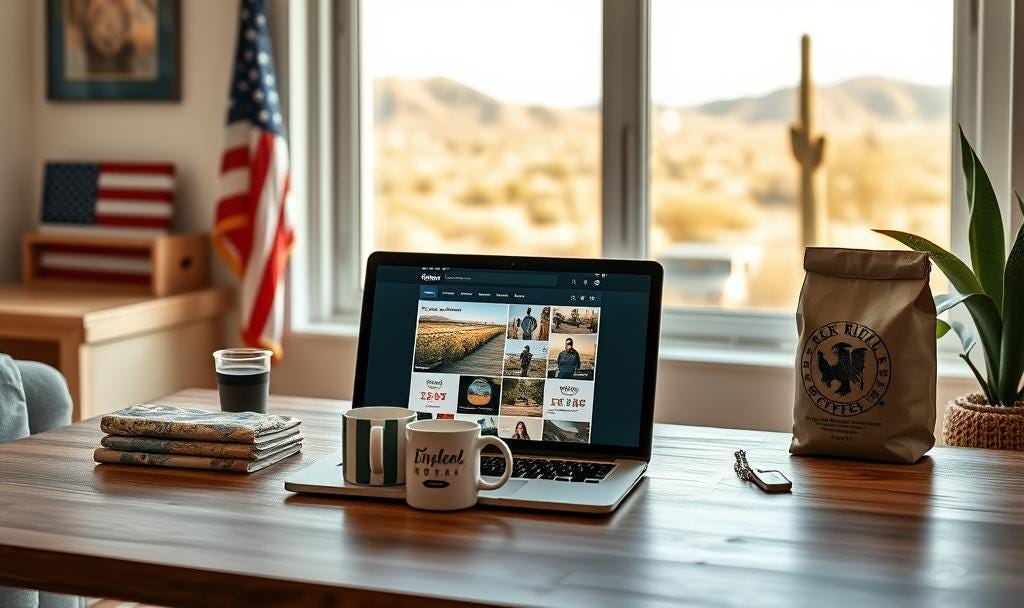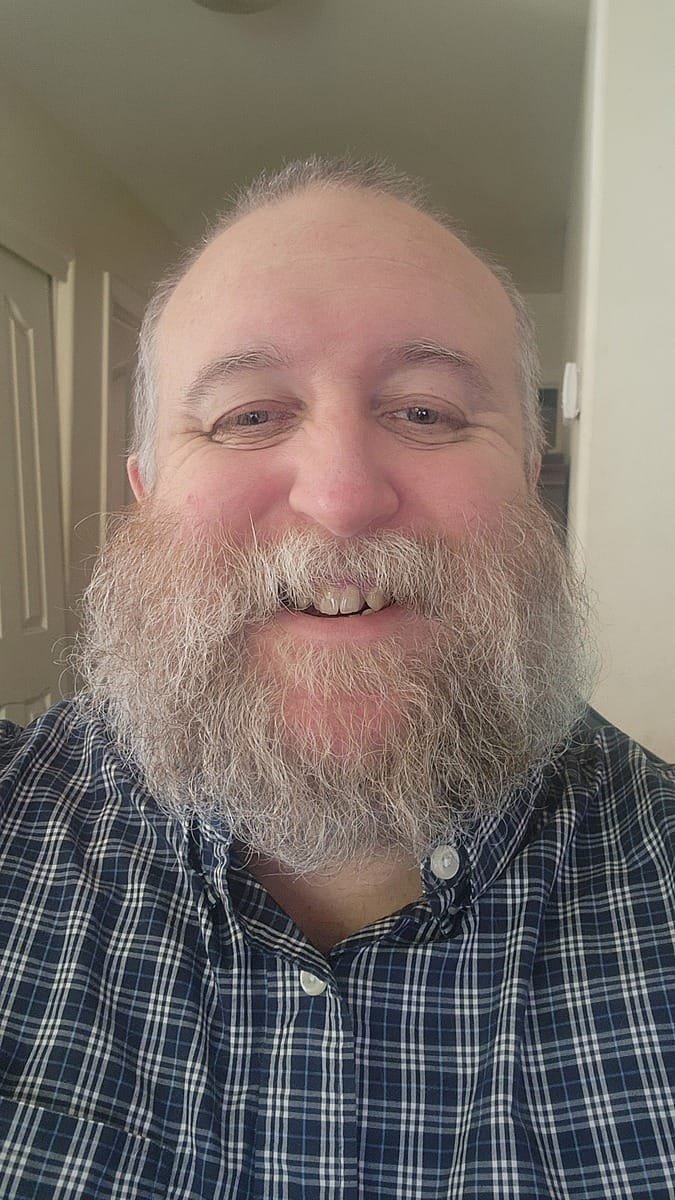
Picture this: you’re fresh out of the Army, combat boots swapped for sneakers, ready to conquer civilian life. Spoiler alert: nobody hands you a manual for that. I left the military in 2007 after serving in Operation Iraqi Freedom (OIF 1), carrying PTSD like an uninvited guest since 2003. Fast forward, I spent nearly 14 years teaching, only to walk away in July 2024 because toxic leadership triggered my PTSD worse than a drill sergeant’s megaphone. Now, I’m a stay-at-home dad to three awesome kids, Piper, Liam, and Hope, married to my rock, Kari, for 16 years, and figuring out this civilian thing one sarcastic step at a time. Here’s what they don’t tell you about life after service, and the tools, faith, routines, creativity, therapy, and online work, that are helping me adapt.
1. The Civilian World Feels Like a Foreign Planet
When I left the Army, I expected civilian life to be a breeze. Instead, it felt like I’d landed on Mars with no map. The structure of military life, orders, clear missions, was gone. Suddenly, I was navigating job applications, bills, and social norms that felt weirder than a mess hall mystery meal.
PTSD didn’t help. Flashbacks from Iraq would hit at the worst times, like during a parent-teacher conference or a quiet night with Kari. For years, I powered through, teaching middle schoolers while dodging triggers. But toxic leadership at my last school, think micromanaging bosses with zero empathy, made my PTSD unbearable. By July 2024, I was done. Now, I’m home, rebuilding my life, and let me tell you, it’s a grind.
How I’m Adapting: Faith keeps me grounded. Daily prayers give me perspective when PTSD clouds my head. I also lean on routines, simple stuff like morning coffee and journaling, to create structure. If you’re a veteran feeling lost, start small: set a daily goal, even if it’s just making your bed.
2. PTSD Is a Battle That Doesn’t End
They don’t tell you PTSD sticks around like that one guy in your unit who never stops talking. Since 2003, it’s been my shadow, triggered by loud noises, stress, or nothing at all. Teaching was rewarding, but toxic administrators who dismissed my struggles made it a nightmare. Leaving was my only option, but staying home hasn’t magically fixed things.
How I’m Adapting: Therapy is a lifesaver. Weekly sessions help me unpack triggers and build coping skills. I also channel my energy into creativity. Writing poetry, like my collection on my Amazon Author page, yes, I am a writer, lets me process the chaos. It’s not a cure, but it’s a release. Veterans, find a therapist who gets you, and don’t be afraid to create something, a poem, a painting, anything.

3. You’ll Miss the Camaraderie (But You Can Rebuild It)
The military gave me brothers and sisters who had my back. Civilian life? It’s like everyone’s playing their own game, and you’re still learning the rules. I missed that sense of unit, especially after leaving teaching, where colleagues were more about competition than connection.
How I’m Adapting: I’ve found community online. Veteran forums, Etsy seller groups, and X conversations keep me sane. My wife and I run JK Prints & Gifts, our Etsy store, where we sell mental health-focused mugs and tees. It’s more than a business, it’s a way to connect with people who get it. Check out our “You Are Enough” tee here: JK Prints & Gifts. Building a tribe takes effort, but it’s worth it.
4. Purpose Is Hard to Find, But You Can Create It
After the Army, I struggled to find meaning. Teaching gave me purpose, shaping young minds, but toxic leadership drained that joy. Since July 2024, I’ve been home, wrestling with “what’s next?” while raising Piper, Liam, and Hope. Some days, I feel like I’m just surviving, not thriving.
How I’m Adapting: Creativity and online work are my anchors. Kari and I pour our hearts into JK Prints & Gifts, designing products that spread positivity, like our PTSD awareness mugs. Every sale feels like a small victory. I also write poetry, sharing my journey as a veteran and dad on my Amazon Author page. Find something that lights you up, whether it’s a side hustle or a hobby.
5. You’re Stronger Than You Think
Here’s the kicker: nobody tells you that the resilience you built in the military is your superpower. PTSD, toxic jobs, and civilian confusion can make you feel broken, but you’re not. I’ve survived Iraq, 14 years of teaching, and now I’m building a life from scratch with Kari and our kids. If I can do it, so can you.
How I’m Adapting: I lean on faith, routines, therapy, and creativity, but the real game-changer is believing in my own grit. Running our Etsy store keeps me focused, every mug we ship is a reminder I’m still in the fight. Want to see our latest designs? Join our JK Prints & Gifts mailing list for exclusive deals: Join our mailing list.
Final Thoughts: You’ve Got This, Veteran
Life after service is messy, confusing, and sometimes feels like a bad PowerPoint presentation nobody asked for. But the tools that got me through, faith, routines, creativity, therapy, and online work, are helping me adapt. Whether you’re battling PTSD, raising kids like my Piper, Liam, and Hope, or just figuring out what’s next, you’ve got the strength to keep going.
👉 Loved this? Join our JK Prints & Gifts mailing list for veteran-inspired designs and updates: Join our mailing list.
👉 Share this on X to help other veterans navigating civilian life!
FAQ: Transitioning to Civilian Life
Q: How do veterans find purpose after service?
A: Start with small goals, like a hobby or side hustle. Our Etsy store, JK Prints & Gifts, gave me purpose through creativity.
Q: What helps with PTSD in civilian life?
A: Therapy, routines, and creative outlets like writing. Check my poetry on my Amazon Author page.
Q: How can veterans build community?
A: Join online groups, like veteran forums or Etsy seller communities. Connect with us at JK Prints & Gifts.
